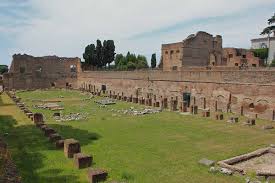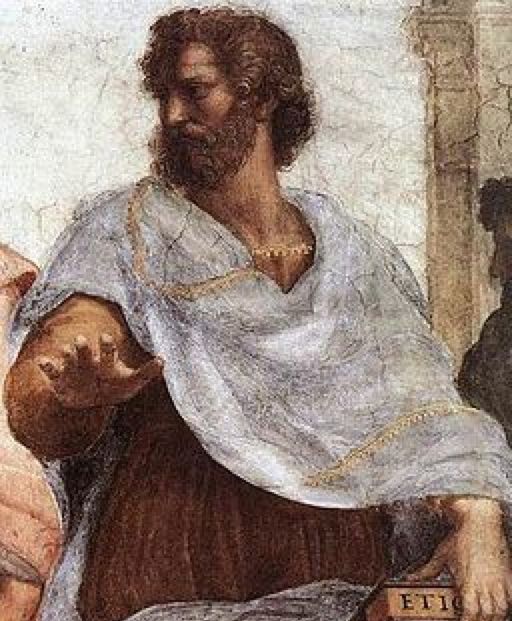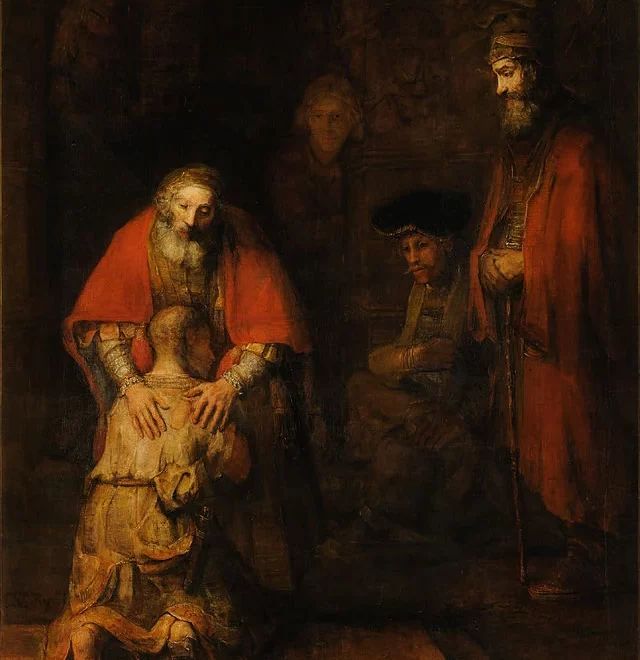Author: Kolby Atchison
-

The Story of Civilization: The Golden Age of Greece
If someone were to stop you on the street and ask, “What is classical education?” I might have just described a nightmare scenario for a classical school parent. “Umm,” you begin. “It’s the trivium—grammar, logic, and rhetoric.” “It’s…classical art and music. Like Beethoven and Mozart. Plus math and science.” “It’s the pursuit of goodness, truth,…
-

On the Beginning…and End of Civilizations
“Civilization is social order promoting cultural creation. Four elements constitute it: economic provision, political organization, moral traditions, and the pursuit of knowledge and the arts. It begins where chaos and insecurity end. For when fear is overcome, curiosity and constructiveness are free, and man passes by natural impulse towards the understanding and embellishment of life.” …
-

Preparing Students to Engage the World
One goal of a Christian education ought to be to prepare students to engage the world from a Christian perspective. That is, Christian educators should seek to prepare students to navigate life outside the school walls–the ideas, customs, practices, and expectations of the world around them–as followers of Jesus Christ. Each cultural time period generates…
-

A Poem for Advent
With the Christmas season now in full swing, there tends to be a strong focus on the joys of being young. This is notably displayed in the excitement our culture generates around shopping and gift-giving, particularly for children. Movies like Home Alone, Elf, and A Christmas Story feature the idea of youthfulness prominently in their…
-

The Search for Great Teaching: A Comparison of Teach Like a Champion 3.0 and Christopher Perrin’s Pedogogical Principles
One interesting addition to Doug Lemov’s Teach Like a Champion series in his third edition (Teach Like a Champion 3.0) is his notion of a mental model. He introduces the idea like this: “In a typical lesson you decide, often quickly. Then you decide, decide, and decide again. You are a batter facing a hundred…
-

The Great Cause of Teaching
In Aristotle’s writings, the philosopher famously articulates four causes, or explanations, for why a thing exists: Together these causes serve as the foundation for whatever knowledge we can know about anything that exists. In this article, I will explore the final cause, or purpose, of teaching. It practically goes without saying that there is great…
-

5 Elements of Faculty Culture for a New School to Implement on Day 1
With the skyrocketing number of new classical schools opening each year in the United States and beyond, the launch teams for these schools are no doubt busy working to prepare for the first day of school. On the one hand, this inaugural day probably feels far away yet. But on the other hand, for these…
-

Discipleship in the School, Part 2: Spiritual Formation
In my first article in this series, I explored the idea of discipleship and what it means for the Christian school to make disciples. I noted from the offset that the Christian school and local church have different purposes, and therefore, we should expect their discipleship approaches to look different. At the same time, both…
-

Discipleship in the School, Part 1: An Introduction
What is discipleship and how does discipleship happen in a Christian school? Like most good questions, we must begin by defining our terms. What is discipleship? According to Mark Dever, a pastor in the Washington D.C. area, we can define discipleship simply as helping someone follow Jesus. As an expanded definition, he writes that discipleship…
-

Preserving the Inheritance: Christian Education in the Post-Christian West
In The Air We Breathe (The Good Book Company, 2022), author Glen Scrivener explains how western society came to believe in the core values we now take for granted: equality, compassion, consent, enlightenment, science, freedom, and progress. He contends that belief in these values is not self-evident, trans-cultural, or historically necessary. So where did these…
